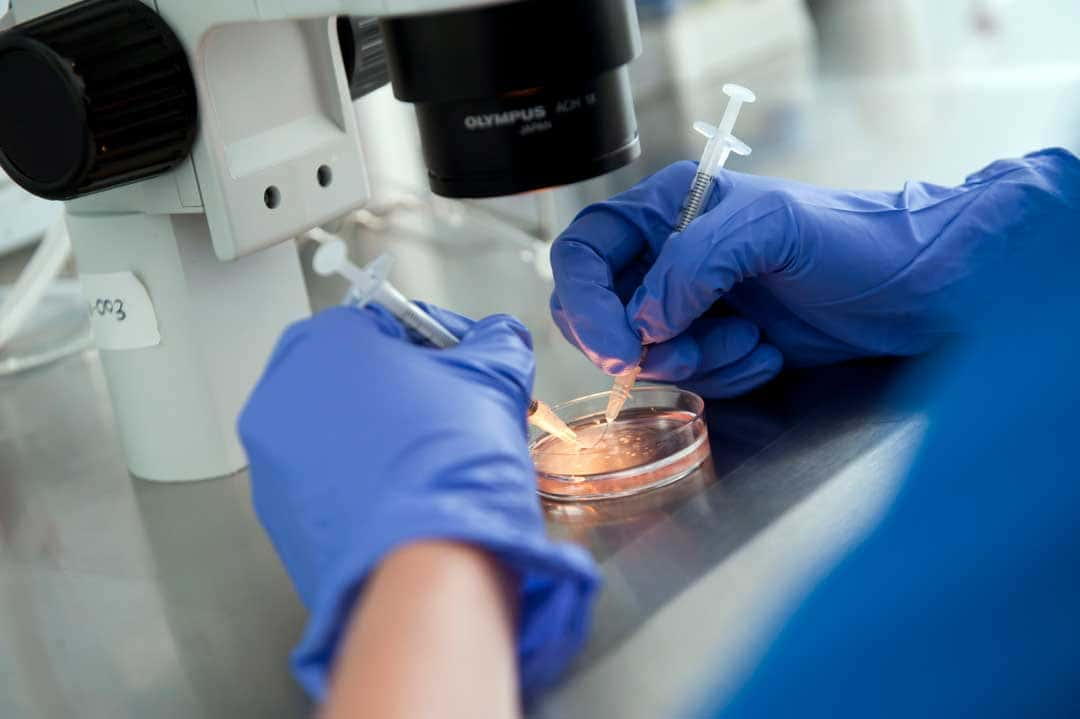Endogen is an advanced endometrial regeneration treatment specifically designed to improve uterine conditions and increase the chances of having a baby.
This treatment is safe and effective, making it an ideal option for women who face difficulties with embryo implantation during In Vitro Fertilization (IVF) procedures.
Its primary goal is to prepare the endometrium by creating a suitable environment for the embryo to implant successfully and develop into a healthy pregnancy.
The endometrium, the inner layer of the uterus, plays a critical role in the success of embryo implantation. If this tissue is not in optimal condition, the embryo may struggle to adhere and continue its development.
Endogen works by improving the quality of this tissue, promoting its regeneration, and enhancing its receptivity.







